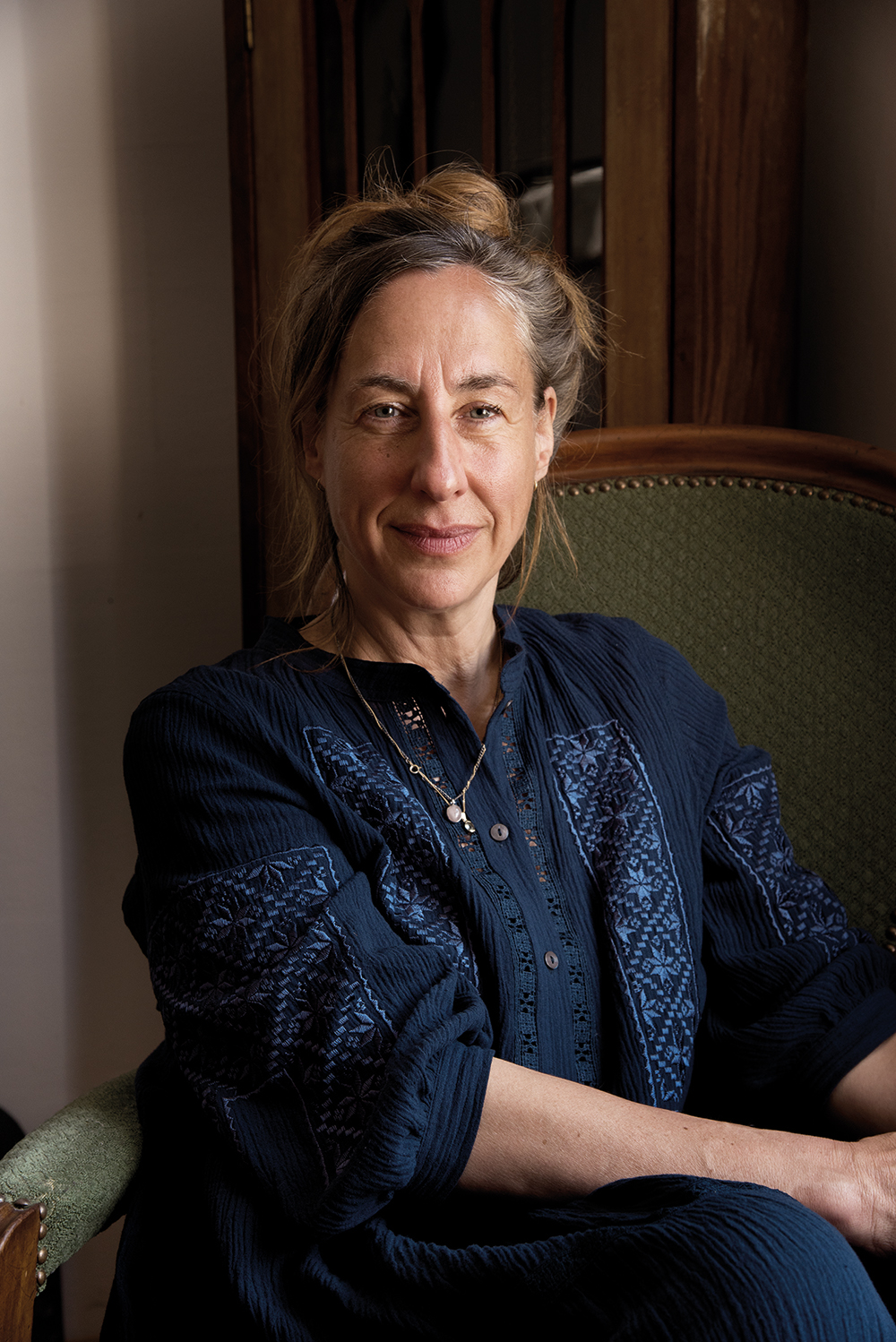
The German writer Judith Hermann burst on the literary scene in 1998 with her short story collection Summerhouse, Later, and was soon heralded as one of a new wave of Fräuleinwunder – girl wonders who were writing fiction that felt fresh and uninhibited. Now she has produced a memoir of sorts – in parts slyly moving, in others so stony-faced and self-serious as to border on the parodic.
First the parodic. The book opens one night in Berlin with Hermann running into the psychotherapist she has been seeing three times a week for ten years. Over the course of these sessions, she recalls, she fell in love, then out of love, with him, though he hardly spoke to her at all. This encounter feels initially charged and full of promise, but it leads nowhere in particular. Dr Dreehüs orders Hermann a gin and tonic, they chat, then she leaves. Readers who aren’t signed up to the whole Hermann Fräuleinwunder thing might reasonably wonder why they should care. Later they might ask themselves the same thing when the author recounts, in grave detail, her dreams.
But eventually Hermann turns to childhood, and things get interesting. Brought up in a large, gloomy flat in Berlin, she was bullied by her father, who ‘had a clear desire to frighten me’. He would work himself up into violent rages and once told her, to her lasting terror, that they had a lodger – a stunted man who lived in the suspended ceiling. This disturbing portrait is complicated when Hermann describes her closeness to her father in later life. In one touching episode he takes her to the theatre, making an awkward palaver of presenting her with a little birthday cake afterwards.
Other characters emerge as vividly: Marco, a friend with spectacular teeth who develops MS; Ada, an acquaintance who once stripped off in front of Hermann, striding naked into the North Sea; and the Russian grandmother who made bread soup and collected voodoo dolls.
The book began as a series of lectures on poetics, and along the way Hermann writes about her craft. Every piece, she observes gnomically, ‘is the story of a ghost’; to write stories ‘is to be distrustful’. What will stay with me aren’t these rather grand pronouncements but the author’s evocations of the past: Ada’s dark, ‘almost masculine’ perfume, and the smell of her beloved grandmother – ambergris, sage, sandalwood and smoke.








Comments